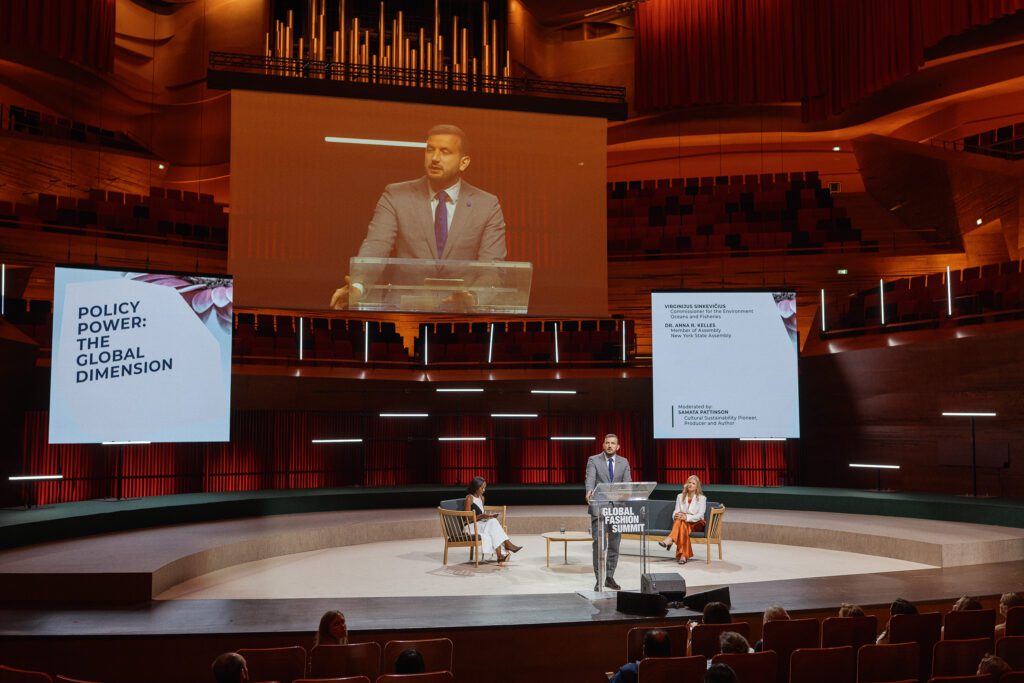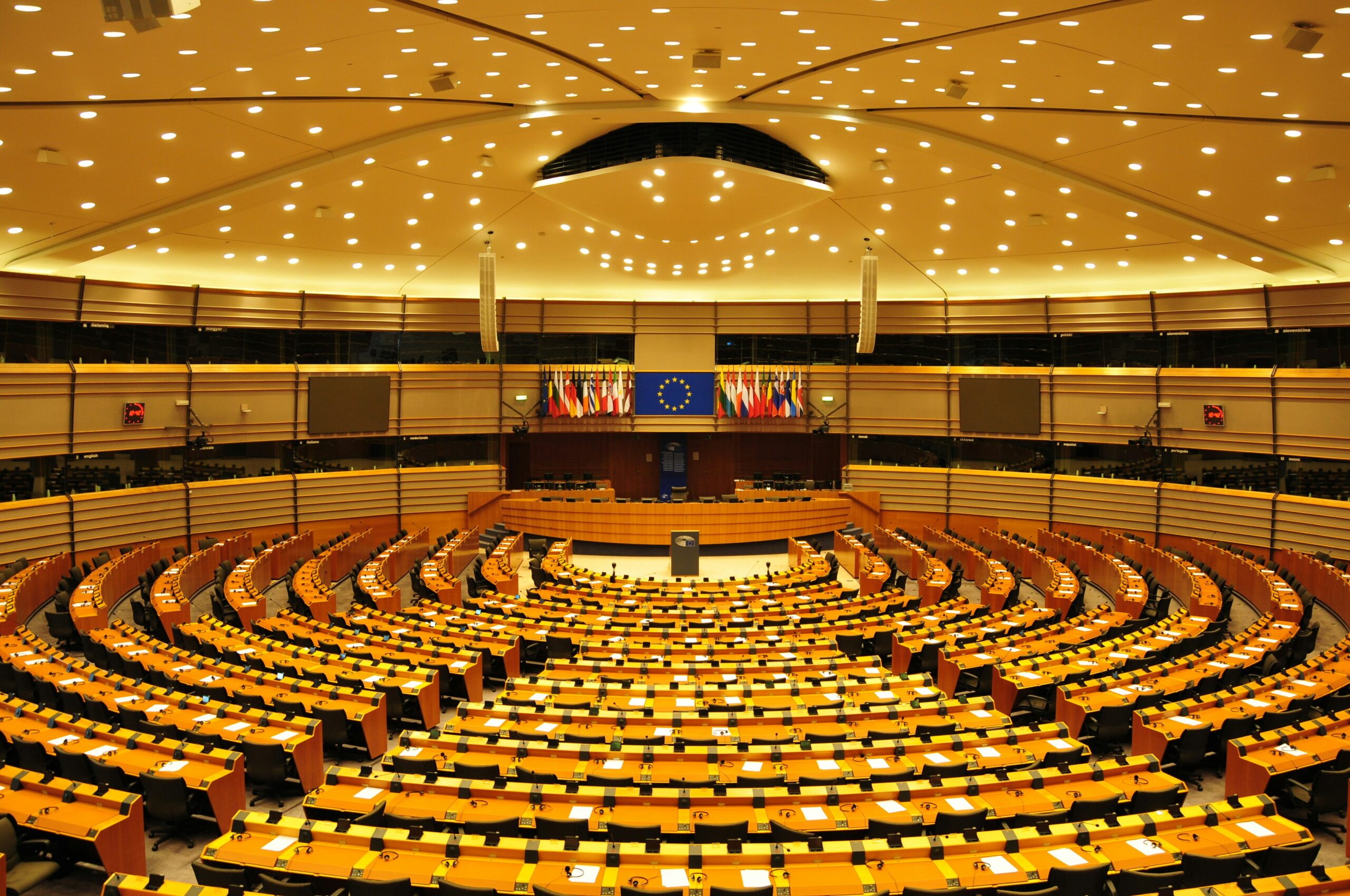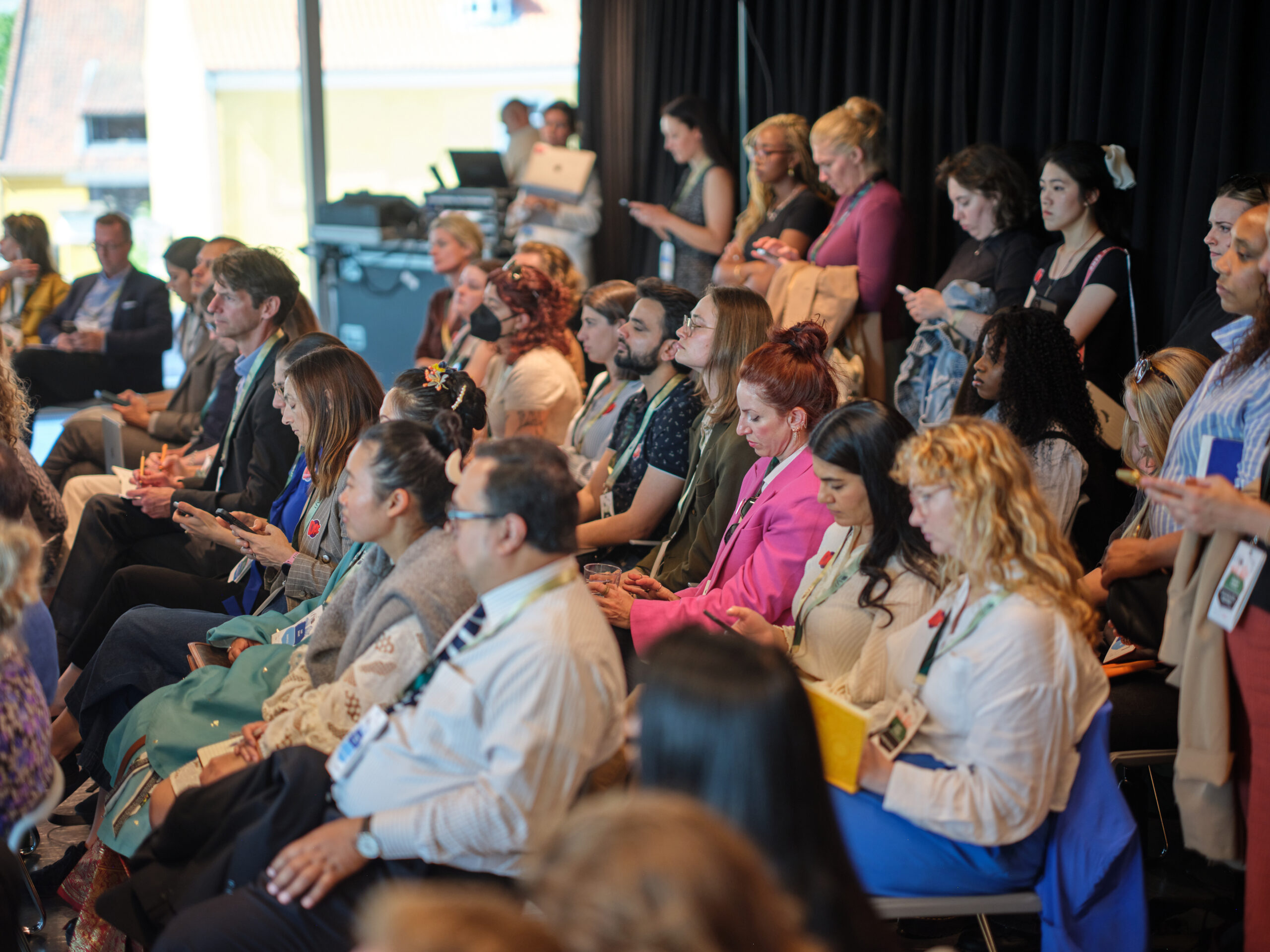Our policy framework
We envision a policy framework where legislative and policy initiatives incentivise and appropriately support the fashion industry to become circular and thus more sustainable. Global Fashion Agenda proactively advocates for policy changes and supportive measures that reinforce sustainability targets and prompt policymakers to take informed action to foster necessary change.
Our goal is to convene and connect relevant policymakers with fashion industry decision-makers in a collaborative effort to effectively accelerate the fashion industry’s sustainability performance. We aim to reach this goal by educating policymakers about the issues at hand and ensuring policy developments provide support to the industry’s sustainability efforts. The evidence in Global Fashion Agenda’s core publications (e.g. Fashion CEO Agenda) underpins our policy discussions, providing hard facts to guide the industry forward.
Creating a policy framework for circular economy
Recognising an increasing interest at the European Union level in building circularity across the textile value chain, Global Fashion Agenda’s policy engagement has heightened our focus on the circular economy within a European context in the last year. Listed in the EU Transparency Register since 2018, we are well placed to capitalise on existing workstreams within circularity and to bring industry perspectives and current practices to the attention of policymakers.
Global Fashion Agenda´s inputs on circular economy are delivered in the framework of the POLICY HUB– CIRCULARITY FOR APPAREL AND FOOTWEAR.
The Policy Hub unites the apparel and footwear industry to speak in one voice and propose policies that accelerate circular practices. Launched in 2019, it currently has three partner organisations: SUSTAINABLE APPAREL COALITION (SAC), Global Fashion Agenda (GFA) and the FEDERATION OF THE EUROPEAN SPORTING GOODS INDUSTRY (FESI). In total, these organisations represent more than 700 apparel & footwear stakeholders including brands, retailers, manufacturers, and NGOs.
How we engage policymakers
We use a variety of formats to engage with policymakers. These include policy briefs, position papers, roundtables and commitments.
Global Fashion Agenda develops and publishes policy briefs alongside our key publications, providing policymakers with a clear, concise summary of their conclusions and descriptions of high-level policy options. Together with the Policy Hub, we also co-publish position papers, which clearly outline specific policy recommendations. During Global Fashion Summit, we convene various stakeholders at roundtables to discuss specific topics related to our policy work.
Lastly, we develop and engage the industry in commitments on key topics, making it possible for companies to commit to setting targets on a voluntary basis within a given timeframe. The concrete actions taken to reach targets provide solid evidence and best-practice cases that support our policy work.
Explore the Policy Hub’s 5 Years of Driving Circularity Change in the Textile & Footwear Industry Report
How we create change through advocacy
-
Working with multiple partners to manage and provide guidance on global complex industry challenge and avoid duplication of efforts.
-
Co-Developing and managing positions for industry change and opportunities for advocacy that increase sustainability performance.
-
Partnering with civil society and governments to develop strategic and operational plans, advocacy plans and messaging frameworks based on strong theories of change.
-
Monitoring and evaluating advocacy and engagement initiatives to draw lessons from complex processes of change.
-
Conducting innovative research to understand the environmental and social challenges and to identify new opportunities for industry change.
-
Building the capacity of intergovernmental organisations and the media to learn how decipher and use data to influence decision-making for positive change.
News & Resources
Contact us
Do you want to help us accelerate policy in the fashion industry? We welcome further cooperation with other industry organisations, brands, retailers, investors, grantors, solution providers, academia and more. We invite you to share thoughts with us.




